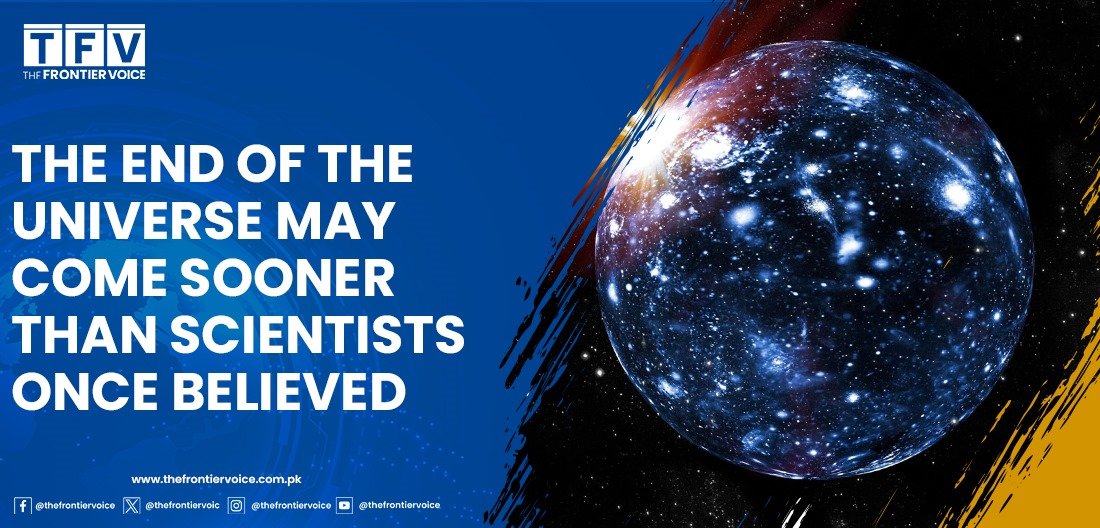TECHNOLOGY
The End of the Universe May Come Sooner Than Scientists Once Believed

In a surprising new finding, Dutch scientists at Radboud University have suggested that the universe will end much earlier than previously predicted — though “early” is still an unfathomable number: 10 to the power of 78 years from now.
This drastically changes the earlier estimate of 10¹¹⁰⁰ years, significantly shortening the lifespan of the cosmos by hundreds of zeros.
The research, published in the Journal of Cosmology and Astroparticle Physics, is based on calculations involving Hawking radiation, a concept first proposed by Stephen Hawking in the 1970s. Hawking suggested that black holes emit radiation and slowly evaporate.
The Dutch team extended this concept to other celestial bodies, including white dwarfs, the longest-living remnants of stars. Their study revealed that even these stars would eventually evaporate, leading to the eventual death of all matter.
Lead researcher Heino Falcke remarked, “The end of the universe is coming much sooner than expected, but fortunately, it still takes a very long time.”
Co-author Walter van Suijlekom emphasized that the purpose of such extreme studies is to better understand the fundamental theories of physics, including the still-mysterious Hawking radiation.
Despite this dramatic recalculation, scientists reassure humanity that the Sun will make Earth uninhabitable long before the universe’s demise — likely within a billion years.
